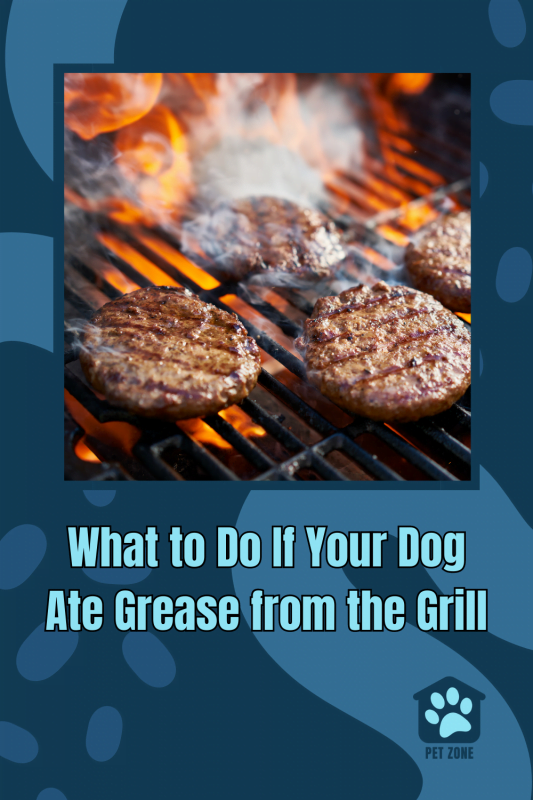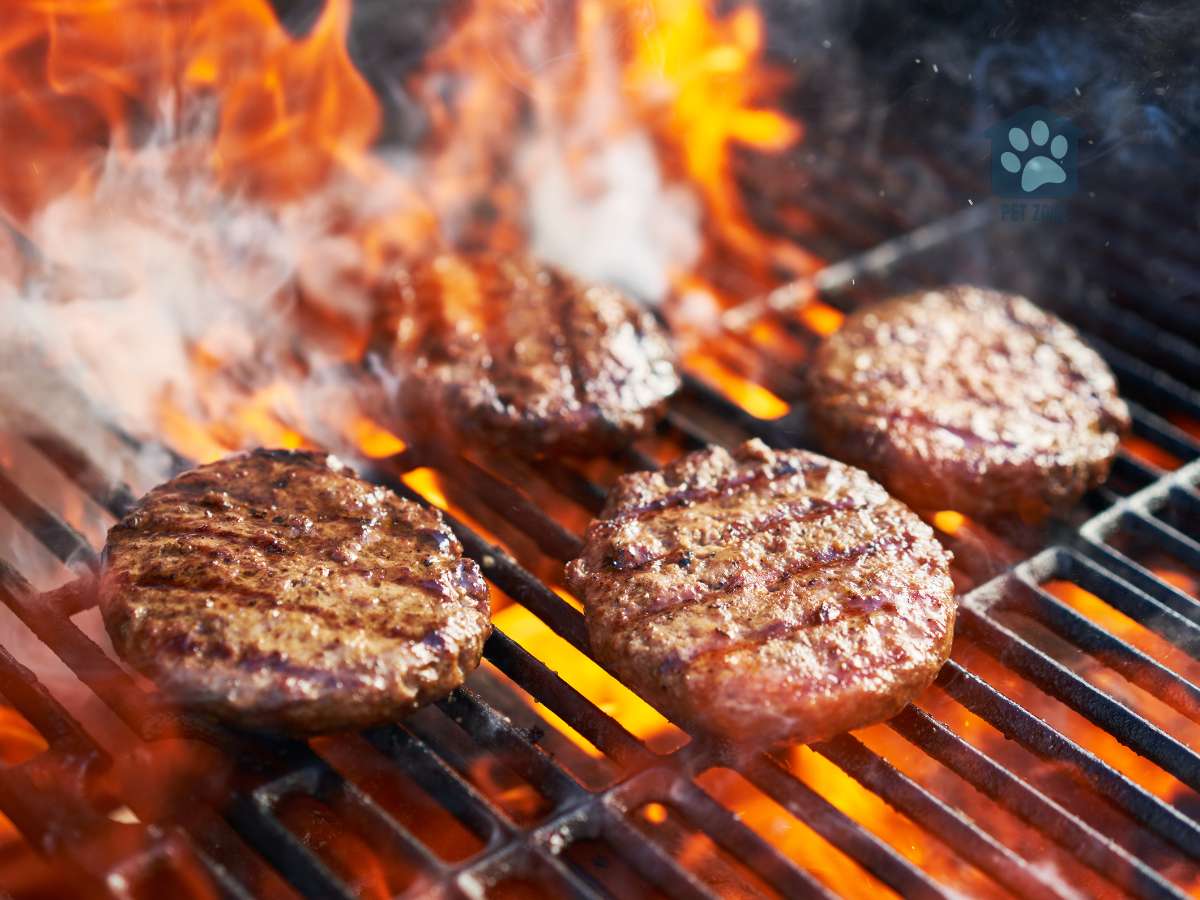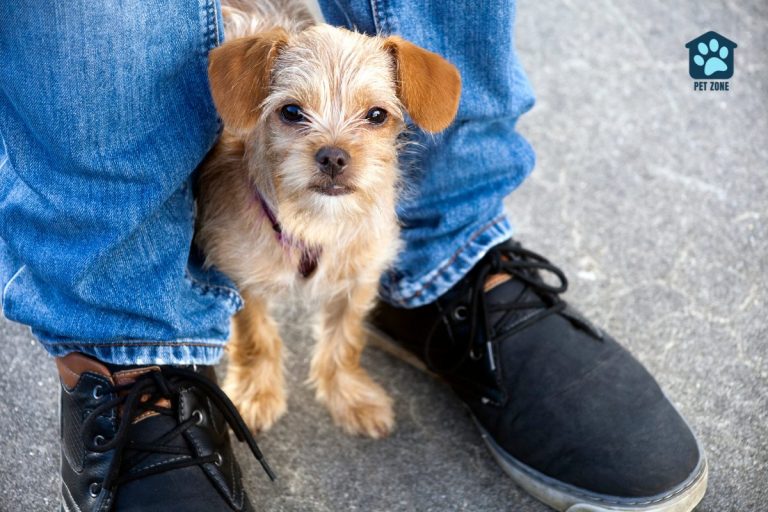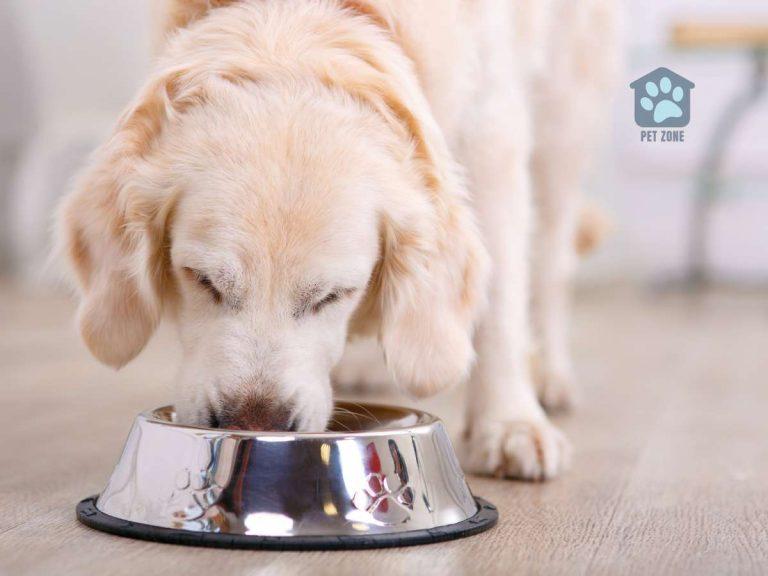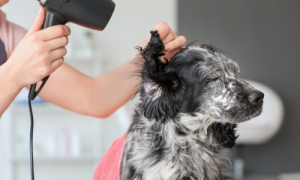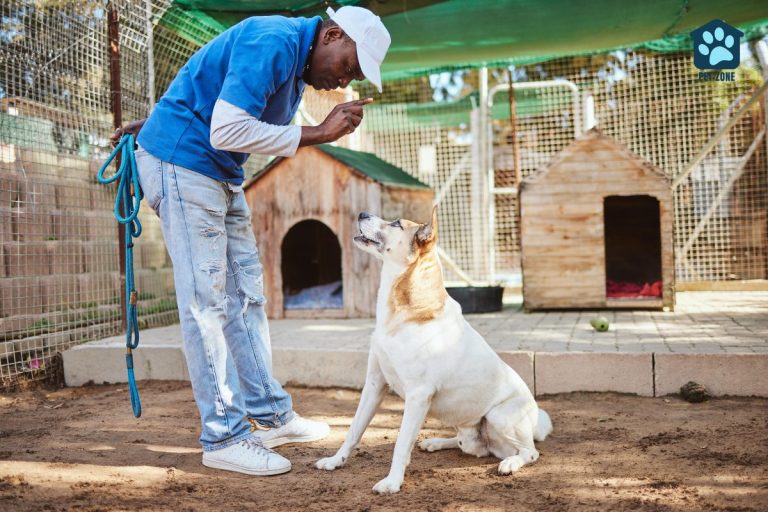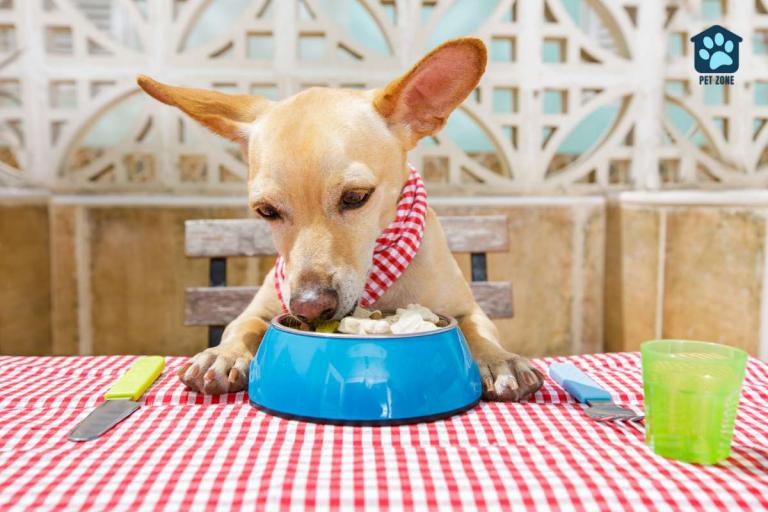Estimated reading time: 6 minutes
Grilling season is in full swing, and while it’s a delightful time for us humans, it can pose some unexpected dangers for our pups. What should you do if your dog ate grease from the grill?
In this article, we’ll explore the potential risks associated with dogs consuming grease and provide you with some essential tips to keep your pet safe and healthy.
Key Talking Points
What Happens If a Dog Eats Grease from the Grill?
The Danger of Grease Consumption
Grease, whether it’s from the grill or cooking pan, can be harmful to dogs in multiple ways. Firstly, grease is high in fat, and excessive fat intake can lead to various health issues. Dogs have difficulty digesting large amounts of fat, which can result in stomach upset, diarrhea, and even pancreatitis.
Pancreatitis in Dogs
Pancreatitis is a condition characterized by inflammation of the pancreas. When dogs consume grease, particularly in substantial quantities, it can trigger an inflammatory response in the pancreas.
Signs of pancreatitis are symptoms such as abdominal pain, vomiting, loss of appetite, and lethargy. Pancreatitis can be a serious condition that requires immediate veterinary attention.
Bloat (Gastric Dilatation-Volvulus)
Another potential consequence of dogs eating grease from the grill is the risk of bloat, scientifically known as Gastric Dilatation-Volvulus (GDV). Bloat occurs when the stomach fills with gas, causing it to expand and potentially twist on its axis.
Grease consumption, especially in large amounts, may lead to a bloated stomach. This condition is extremely dangerous and requires immediate veterinary intervention to prevent life-threatening consequences.
What to Do If Your Dog Ate Grill Grease
Assessing the Situation
The first step is to assess the situation and gather important information about your dog’s condition. Observe your furry companion for any immediate signs of distress or discomfort.
Look for symptoms such as a lack of appetite, abdominal pain, restlessness, vomiting, and diarrhea.
It’s also crucial to determine the quantity and type of grease your dog consumed. Did they have just a small taste or devour a significant amount? This information will be valuable when consulting with a veterinarian.
Contact a Veterinarian
Upon realizing that your dog has eaten a large amount of grease from the grill, it is time to call the vet as soon as possible. A professional opinion will help you determine the appropriate course of action based on your dog’s specific situation.
Call your regular veterinarian or the nearest emergency veterinary clinic and describe the incident in detail. Provide information about the type of grease, the quantity consumed, and any symptoms your dog may be experiencing. The veterinarian will provide guidance tailored to your dog’s needs.
Home Care Tips
While waiting for veterinary advice or during transportation to the clinic, there are a few home care tips you can follow to help your dog remain comfortable:
- Limit Food Intake: It’s advisable to withhold food for a period of time, as directed by your veterinarian. This allows the digestive system to rest and recover from the potential impact the consumption of grease can cause.
- Provide Fresh Water: Ensure your dog has access to clean, fresh water to stay hydrated. However, avoid offering large amounts of water at once, as it may exacerbate any gastrointestinal distress.
- Follow Veterinary Recommendations: If your veterinarian provides specific instructions or suggests any at-home remedies, carefully follow their guidance. This may include administering medication, providing a bland diet, or using digestive aids.
Preventing Your Dog From Eating Grease in the Future
Prevention is key when it comes to keeping your dog safe from the dangers of grill grease. Here are some preventive measures you can take:
- Secure the Area: When grilling, make sure your dog is safely confined or supervised away from the grill area. Use gates or designated areas to prevent accidental access to the grill and any potential spills or splatters.
- Proper Grease Disposal: Dispose of grease properly by allowing it to cool in a secure container. Once cooled, seal it tightly and discard it in a sealed trash bag. Avoid leaving grease unattended where your dog could reach it.
By taking proactive steps to prevent your dog from accessing grill grease, you can significantly reduce the risks associated with grease consumption and help keep your furry friend safe and healthy.
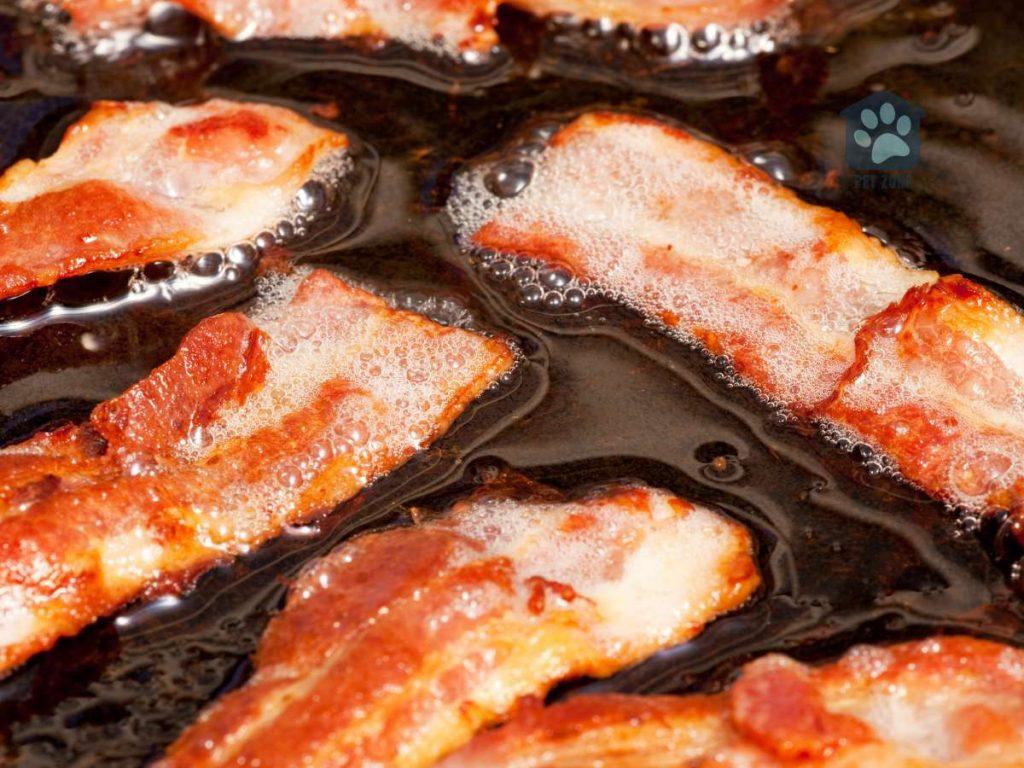
Specific Considerations for Different Types of Grease
Bacon Grease
Dogs love the irresistible aroma and flavor of bacon grease, but it poses specific risks and considerations. Bacon grease is high in fat content and often contains seasonings such as salt and spices. These factors can increase the likelihood of digestive upset and pancreatitis in dogs.
Additionally, the salt content may contribute to dehydration or sodium toxicity if consumed in large amounts.
It’s essential to take extra precautions when handling bacon grease. Avoid leaving bacon grease unattended, as even a small amount can attract your dog’s attention.
After cooking bacon, promptly remove and secure the grease to prevent accidental ingestion by your furry companion. Consider disposing of bacon grease in a container that is securely sealed and out of reach.
Cooking Grease
While grease from cooking pans or grills may not have the same irresistible allure as bacon grease, it can still pose risks to your dog’s health.
Cooking grease may contain remnants of seasonings, spices, or cooking oils. Some of these additives, such as garlic, onion, or certain spices, can be toxic to dogs.
Moreover, leftover residues or contaminants from the cooking process, such as charred bits or marinade remnants, may be harmful or difficult to digest.
The precautions for different types of cooking grease can vary. For instance, vegetable oil-based grease may be less harmful than grease from fatty meats.
However, regardless of the type of cooking grease, it’s important to prevent your dog from accessing it, as excessive fat consumption can lead to digestive issues and other health complications.
Remember, when it comes to your dog’s safety, it’s better to be cautious and proactive. Minimizing your dog’s access to any type of grease can help prevent potential health problems and ensure their well-being.
Conclusion
If you suspect that your dog has eaten some grease from the grill, especially in large amounts, it’s crucial to act swiftly and seek veterinary advice. Left untreated, grease consumption can pose risks such as pancreatitis and bloat.
Assess the situation, contact a veterinarian, and follow their recommendations for home care. Additionally, take preventive measures to limit your dog’s access to grease and properly dispose of it.
Specific considerations should be given to bacon grease due to its high levels of fat content and potential seasonings. By prioritizing your dog’s safety and taking preventive actions, you can help protect them from the harmful effects of grease consumption.
Remember, when it comes to your pet’s health, always take your dog to a qualified veterinarian for personalized advice and guidance.
As an Amazon Associate I earn from qualifying purchases.
